Western Wall (Kotel)
Judaism's holiest prayer site, where visitors place written prayers between ancient limestone blocks.
Read More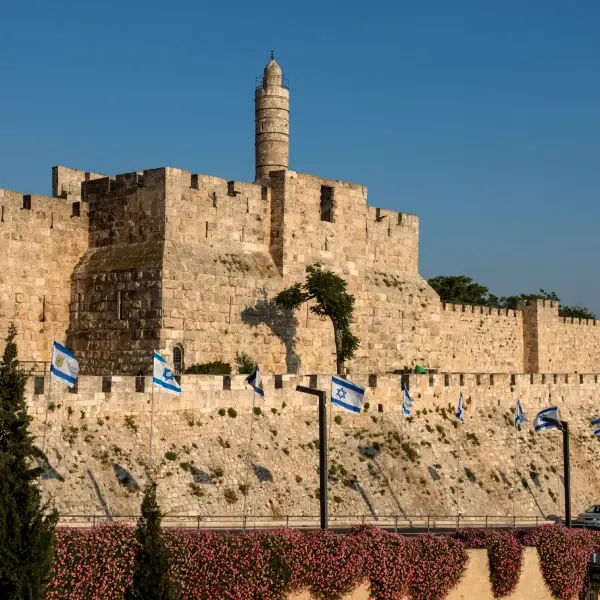
Jerusalem, one of the world’s most sacred and historically rich cities, is a spiritual epicenter for Judaism, Christianity, and Islam. Nestled in the Judean Hills, this ancient metropolis captivates visitors with its timeless beauty and deep religious significance. The Old City, a UNESCO World Heritage Site, houses revered landmarks such as the Western Wall, Church of the Holy Sepulchre, and Al-Aqsa Mosque. Wandering its ancient alleys, travelers encounter a vibrant tapestry of cultures, faiths, and traditions. Beyond the Old City, modern Jerusalem features bustling markets, world-class museums like Yad Vashem, and a thriving culinary and arts scene. This unique blend of ancient and contemporary life creates a deeply spiritual and dynamic atmosphere. Whether exploring sacred sites or engaging with local culture, Jerusalem offers a profound and unforgettable experience that bridges the past and present like no other city.


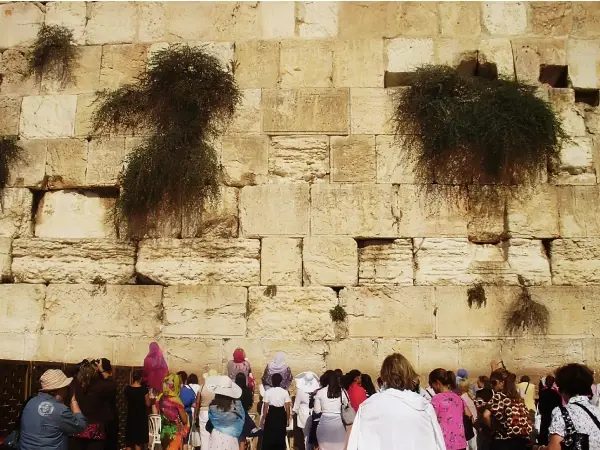
Judaism's holiest prayer site, where visitors place written prayers between ancient limestone blocks.
Read More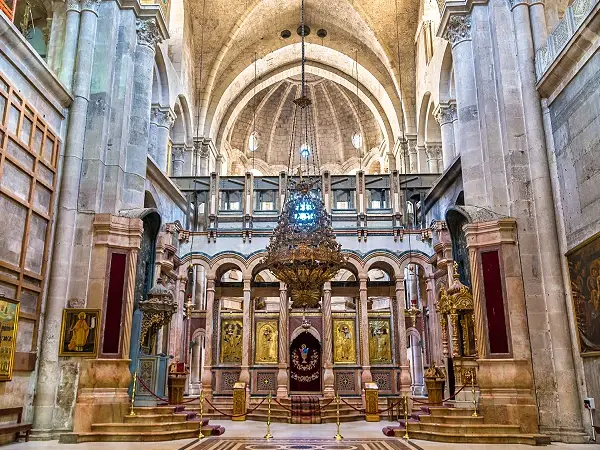
Christianity's most revered site, believed to encompass both Jesus's crucifixion and burial locations.
Read More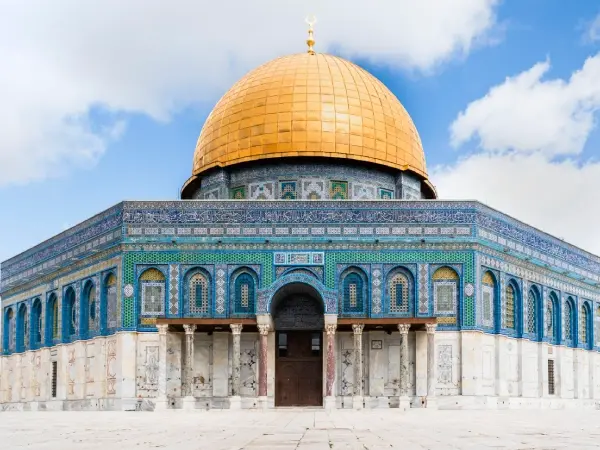
The iconic golden-domed Islamic shrine atop the Temple Mount, recognized worldwide for its stunning architecture.
Read More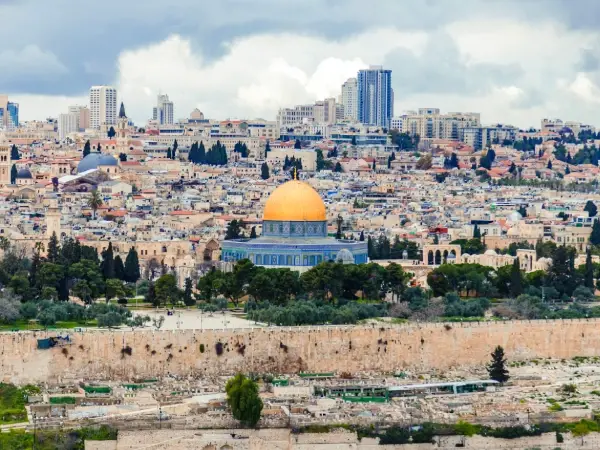
A UNESCO World Heritage site divided into four quarters (Jewish, Christian, Muslim, and Armenian), filled with narrow alleys, markets, and centuries of history.
Read More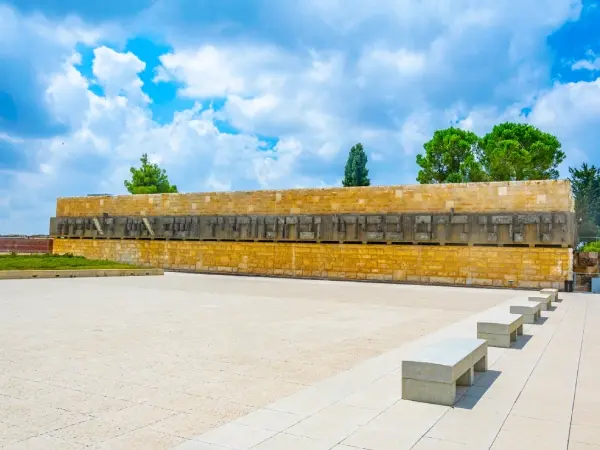
Israel's moving Holocaust memorial and museum, documenting Jewish persecution during WWII through powerful exhibits.
Read MoreCultural Experiences: Attend concerts at the Jerusalem Theater, explore the Machane Yehuda Market's vibrant food scene, or participate in religious festivals throughout the year.
Religious Pilgrimages: Walk the Via Dolorosa, pray at holy sites, or time your visit during significant religious holidays.
Archaeological Adventures: Join excavation tours at the City of David, explore underground tunnels, or visit active archaeological digs.
Culinary Journeys: Sample traditional Jewish, Arab, and international cuisines at food tours, cooking classes, or local restaurants.
Historical Walks: Take guided tours through different historical periods, from ancient biblical times through Ottoman rule to modern statehood.
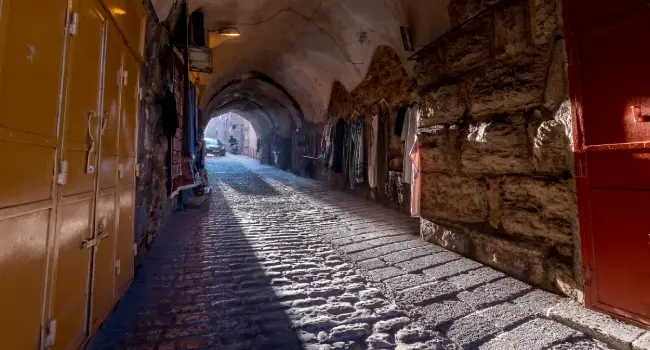
Armenian Ceramics: Beautifully hand-painted pottery following centuries-old traditions.
Judaica: Menorahs, mezuzahs, and religious artifacts crafted by local artisans.
Olive Wood Carvings: Religious symbols and decorative items made from local olive trees.
Dead Sea Products: Natural cosmetics and skincare utilizing minerals from the nearby Dead Sea.
Spices and Culinary Items: Exotic spice blends, tahini, and local olive oils from Machane Yehuda Market.
The best shopping areas include the Old City bazaars, Ben Yehuda Street pedestrian mall, and the Mamilla outdoor shopping promenade.
Jerusalem's culinary scene blends traditional Middle Eastern flavors with international influences. Must-try restaurants include Machneyuda near the market, Chakra for fine dining, and authentic hummus at Abu Shukri in the Old City. While more conservative than Tel Aviv, Jerusalem's nightlife centers around the Mahane Yehuda Market (which transforms into bars at night), Ben Yehuda Street, and the Russian Compound area. When exploring at night, stick to well-lit areas and consider traveling in groups, particularly in and around the Old City.
Jerusalem has a well-developed transportation system, including buses, the light rail, and taxis, with prepaid Rav-Kav cards used for public transit. Walking is common in the Old City due to narrow streets. Safety is generally good, but visitors should stay updated on current events and avoid sensitive areas during times of tension. Security checks are routine at public places, and travelers should carry ID and respect local customs and regulations.


